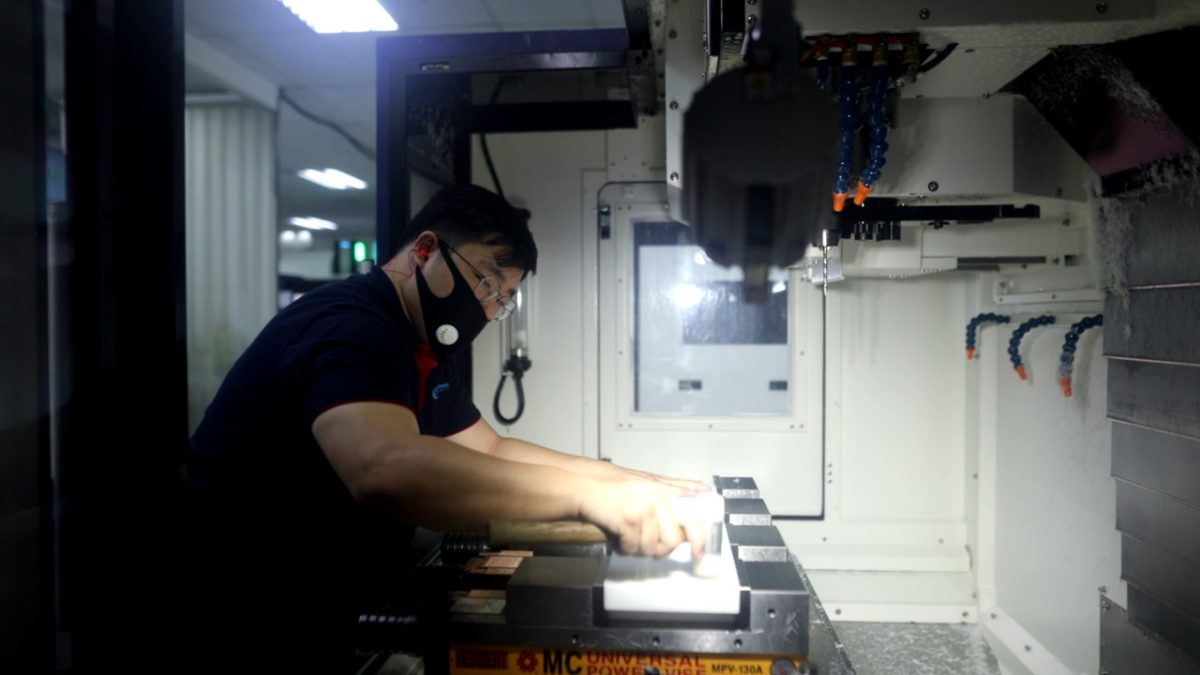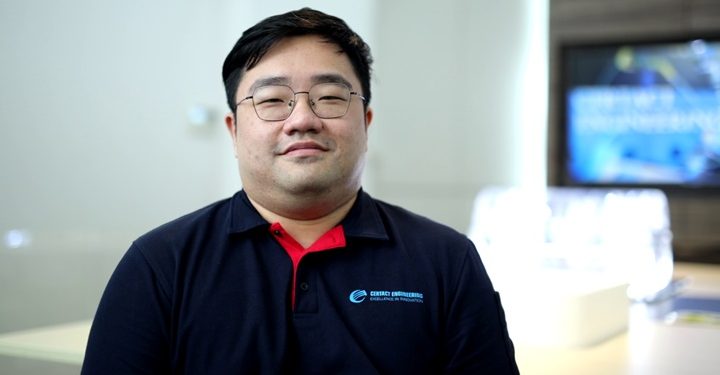What do companies do when they hit a roadblock, especially one as big as COVID-19? Some would probably stop and just give up, while others find ways to get around it.
And yet, some take a detour and drive along another path to success.
Certact Engineering did just that early this year when they faced growing international trade tensions and the global pandemic.
When the precision engineering company saw their sales revenue drop 40 per cent, they refocused their business model – from metal machining services, where they had many competitors in domestic and overseas markets, to the niche segment of plastic engineering.
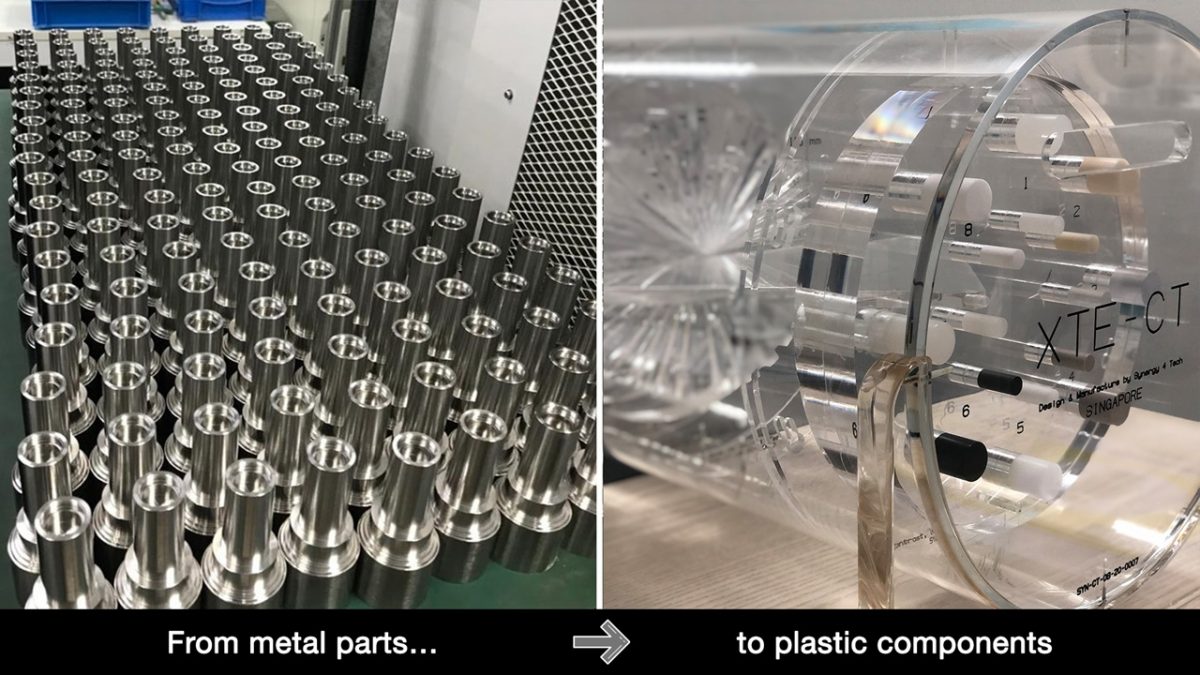
The pivot point came when a customer needed plastic parts to produce more DNA sequencing machines, and they wanted to increase their production.
Certact thus decided to invest in new equipment to support this client with their requirements and went into high gear to embark on this transformation.
They bought the machines, trained the staff on how to use them, and worked out the processes – all within a few weeks.
The risk paid off. More orders followed after, and sales shot up. But all this would not have been possible if their staff were unwilling to get on board.
“Our team was supportive of this transformation because they also realise that the company needed to do this to survive,” said their managing director Ellis Eng.
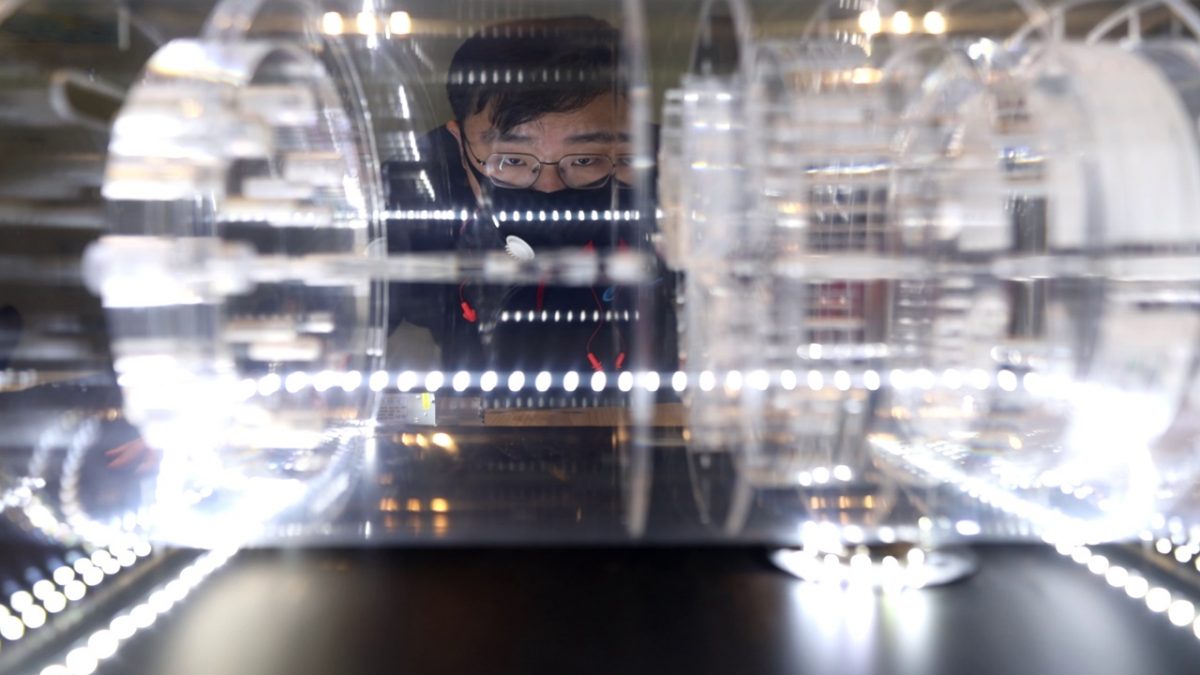
Getting Up to Speed
Jeremy Lim, 37, was one of Certact Engineering’s staff who found himself at a crossroads: keep up or lose out.
“I knew that I needed to grow faster to chase back the time we lost. For the business, we needed to be fast, responsive and reactive. Without knowledge and improvement, you can’t catch up.
“Everything is improving. If I don’t follow up, I will be left behind. I need to upgrade myself continuously. We should learn some new things every day,” he said.
But retraining and reskilling are ideas that this sales manager always believed in. He has been with the company for 16 years, starting out as a driver and now involved in product design and sales.
He has learnt that knowledge was important to move up in his career, and in life. While working, he attended ITE courses at night until he got his diploma, took certificate courses, and went through various in-house training to keep up to date with information.
“Imagine, 10 years ago, I didn’t like to study. But I realised it was needed to survive and to grow myself. It has become a ‘need’ to a ‘must’, and now I’m adapted to it,” said Jeremy.
When the company shifted its focus to plastic engineering, he quickly got behind the change.
“When the vendor came to teach us how to use the new programmes and new software that we purchased, I went for the training. I may not be really using it, but at least I have knowledge of it,” he said.
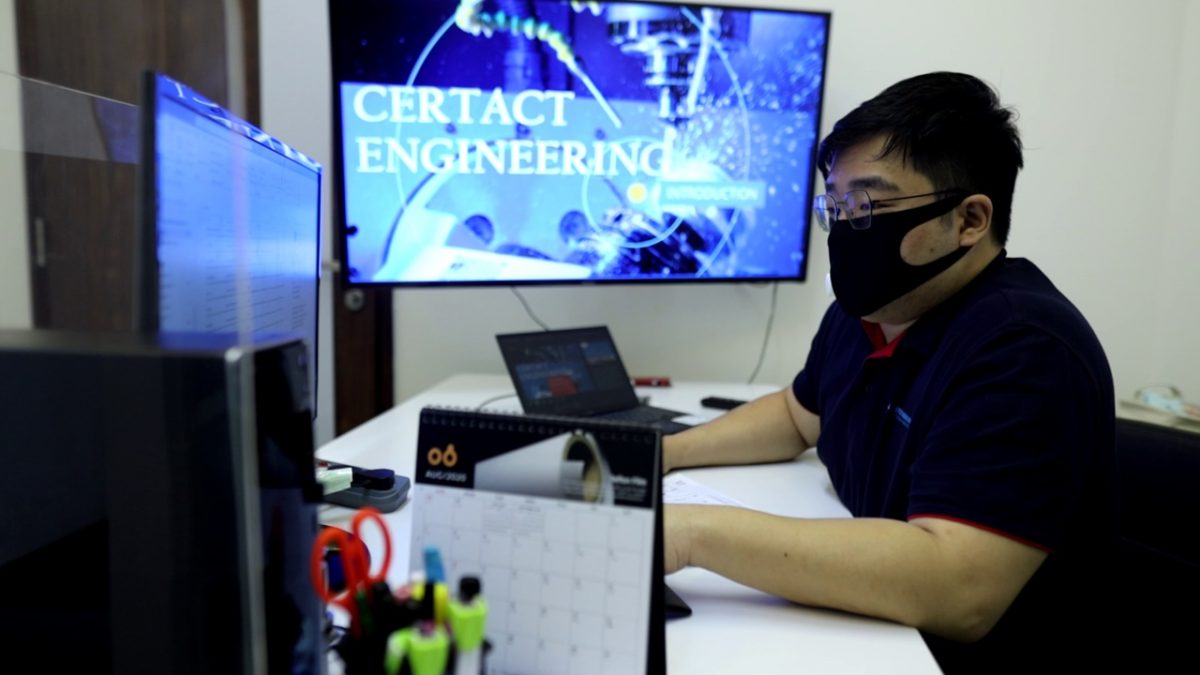
Back on Track
Certact Engineering’s ability to invest in new capabilities instilled confidence in their customers. The company projects annual sales revenue to double from last year to about $8 million this year.
While others would have given up just as they are about to achieve success, the company saw beyond the obstacles and identified opportunities.
Their most significant learning from all this was to adopt an open mindset to manage crises, according to Ellis.
“Teamwork and keeping communication channels open are necessary to overcome challenges brought on by these unprecedented times,” she said.
Lucky for the company, staff like Jeremy are aligned with their goals.
“We needed to grow together. We needed to grow as a team. A team, not an individual, makes the company grow,” Jeremy said.
